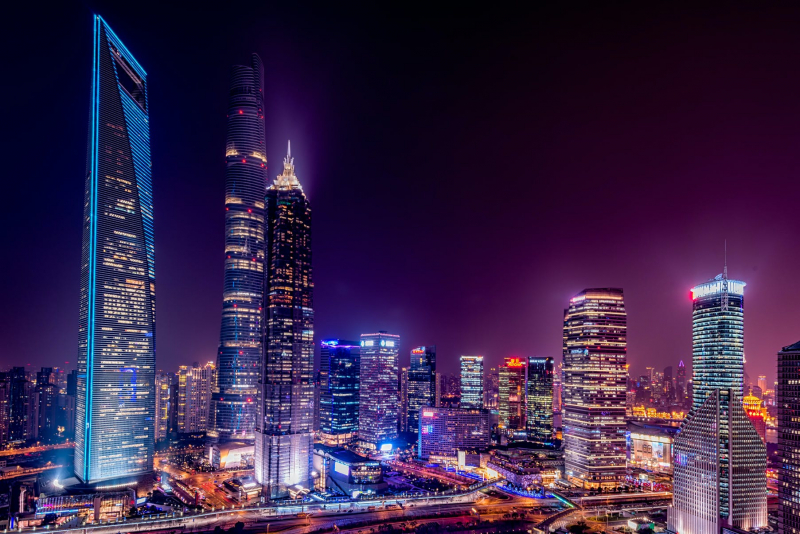Urbanization
Essay topic: Describe the cause and effect of urbanization on the environment
Answer:
Urbanization, the rapid growth and expansion of cities, has become a defining feature of the modern era. While it brings about economic development and improved living standards, it also exerts profound effects on the environment. This essay explores the causes and effects of urbanization on the environment, highlighting the complex interplay between urban development and ecological well-being.
One of the primary causes of environmental degradation associated with urbanization is the increase in industrialization and infrastructure development. As cities expand, so does the demand for housing, transportation, and energy. Consequently, forests are cleared, and ecosystems are disrupted to make way for urban infrastructure. This leads to habitat loss for numerous species, upsetting the delicate balance of ecosystems.
Another significant cause of environmental challenges resulting from urbanization is the surge in resource consumption. As cities burgeon, there is an escalating demand for resources such as water, energy, and raw materials. The extraction and utilization of these resources often lead to environmental degradation. For instance, excessive water extraction for urban needs can deplete aquifers and compromise the natural flow of rivers, affecting aquatic ecosystems and causing water scarcity in surrounding areas.
Furthermore, the surge in population density in urban areas intensifies pollution. Increased vehicular traffic, industrial emissions, and improper waste disposal contribute to air and water pollution. The release of pollutants into the atmosphere not only degrades air quality but also contributes to climate change, with long-term implications for global ecosystems.
The effects of urbanization on the environment are far-reaching. Loss of green spaces and the proliferation of impervious surfaces contribute to the urban heat island effect, causing localized temperature increases. This phenomenon exacerbates heat-related illnesses and strains energy resources for cooling. Additionally, the altered hydrological cycle in urban areas leads to increased incidents of flooding and soil erosion.
In conclusion, urbanization, driven by industrialization and population growth, has profound implications for the environment. The causes are rooted in the demand for urban infrastructure, resulting in habitat destruction and increased pollution. The effects manifest in the form of climate change, loss of biodiversity, and altered ecosystems. Recognizing the intricate relationship between urban development and the environment is crucial for implementing sustainable practices and mitigating the negative impacts of urbanization on our planet.












